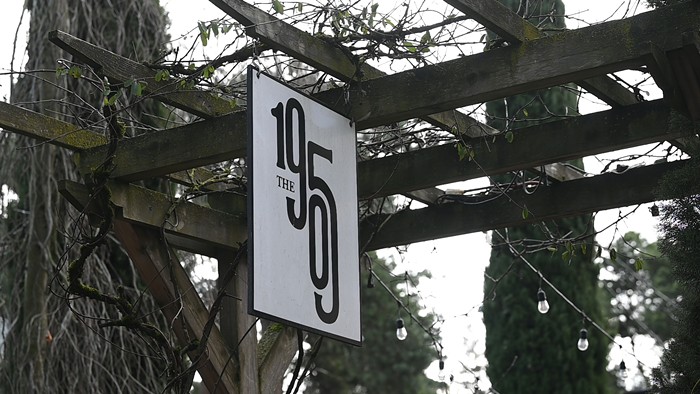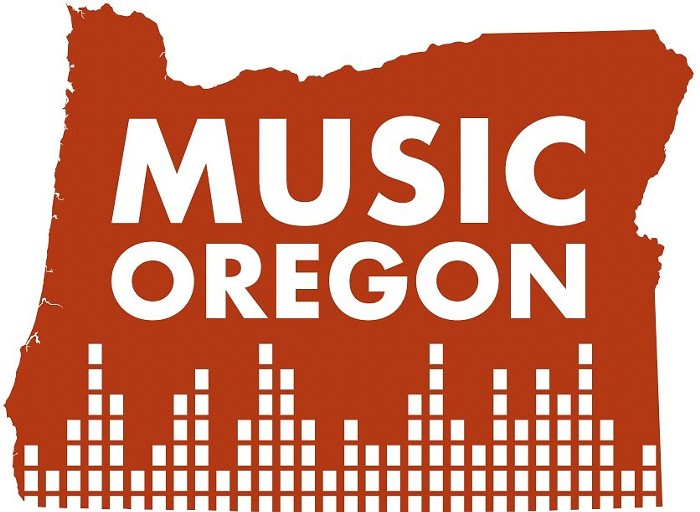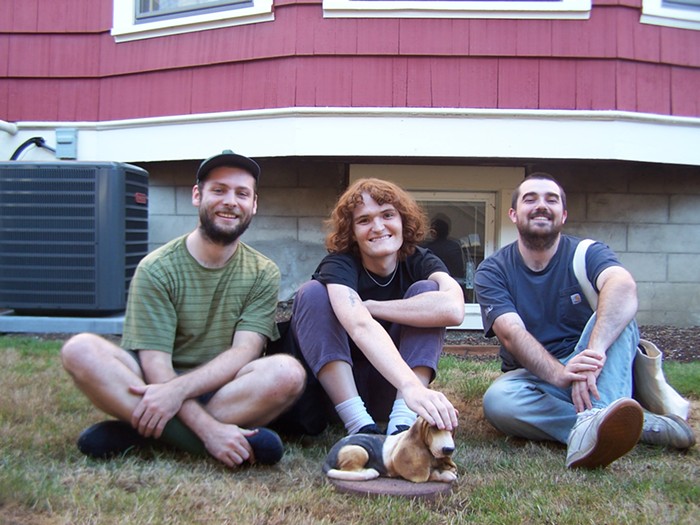Just before 9 am on the morning of December 13, 2007, I was driving south on 99E, en route to a voting session at the Oregon Liquor Control Commission's headquarters. I hoped that the agency's five governor-appointed commissioners would do the right thing and approve a set of widely heralded rule changes that would've significantly increased teenage Oregonians' access to live music ["OLCC," Our Town Could Be Your Life, Oct 25]. My car was filled to capacity with fellow all-ages music activists who, like me, were guardedly optimistic, full of righteous zeal, and proud that our local arts community had come together—writing countless letters and giving hours of public testimony over the past several months—to effect meaningful change through this issue. We were listening to Fugazi. Such was the mood.
So how did the vote go? Well, let's just say that on the ride home, instead of Fugazi, we opted to listen to Nick Drake. That's how.
The result was a 3-2 vote against improving and modernizing our state's outdated, overly specific, and counterproductive rules regulating minors' access to music venues and art spaces that serve alcohol—but are not primarily bars. The session was intensely dispiriting for advocates of all-ages access to arts and culture, proponents of a logical and effective approach to teen safety, and believers in the power of reason to persuade and prevail. However, even more than dispiriting, it was perplexing.
Why did the OLCC's volunteer commissioners collectively disregard the professional opinions of their agency's own deeply knowledgeable staff, who had not only carefully drafted the proposed rule changes, but also endorsed their adoption?
What effect did the literally unprecedented volume of letters and testimony from elected officials, educators, musicians, small business owners, students, and parents—more than 92 percent of which expressed favorable attitudes toward the revisions in question—have on the commissioners' decisions?
Strangest of all, why did the majority of commissioners decide to vote the rule changes down, only to then add that they felt they needed more information to make a responsible decision and that, consequently, they would reinitiate the whole process of public comment and vote again on similar revisions sometime in 2008?
Though I am tempted to speculate and get indignant about the first two questions, to a certain extent the existence of the third makes them moot. As promised, a new draft of the proposed changes to the OLCC rules was issued to the public on February 1, 2008, and we, the public, are now in the middle of our window of opportunity to express our resolute support. The new draft is essentially identical to the one considered in December. It establishes a new OLCC classification for establishments like music venues, art spaces, movie theaters, and bowling alleys—places where, even though alcohol is served, drinking is not the predominant activity, therefore, it might be appropriate for people under 21 to frequent. These new rules would also have a stringent set of precautions designed to keep minors from drinking or being exposed to a drinking environment. This would translate to more all-ages shows in Oregon, giving teenagers safe, fun, positive recreational options, and more opportunities to become active members in their local music communities as fans, performers, and organizers.
It is critical that we let the OLCC know that we still believe in the value of these carefully considered, responsible changes. Send an email expressing your support to the OLCC rules coordinator (jennifer.huntsman@state.or.us) before March 7. Even if you already wrote the OLCC about this in 2007, please take the time to write again, as the procedural slate is clean and your previous comments no longer technically apply. A sample email and more information on this issue can be found at pdxpopnow.com/olcc. The OLCC commissioners are tentatively scheduled to vote on this matter in mid-April.
I'll see you there.


















